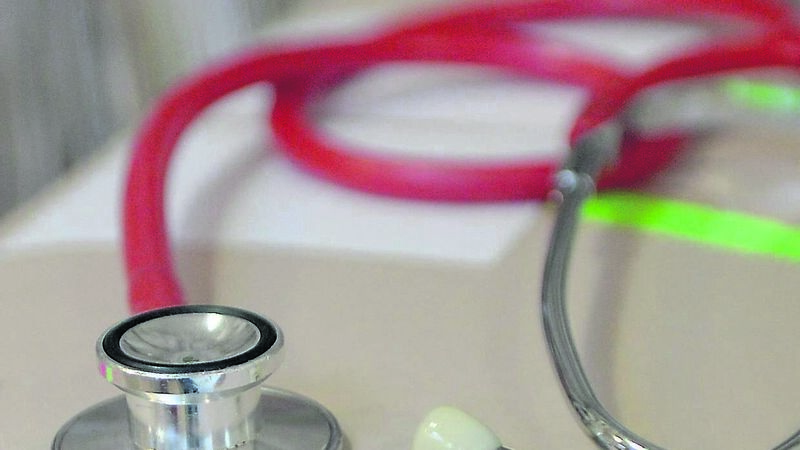Health and education big issues in Budget 2025

THE big ticket items in the budget as far back as you care to look are always health and education in that order and so it will again prove when Jack Chambers and Paschal Donohoe, the ministers for Finance and Public Expenditure and Reform respectively, stand up to deliver their budget provisions next week.
THE big ticket items in the budget as far back as you care to look are always health and education in that order and so it will again prove when Jack Chambers and Paschal Donohoe, the ministers for Finance and Public Expenditure and Reform respectively, stand up to deliver their budget provisions next week.
The elderly are another sector of the population which always gets a great deal of attention during the budget discussions and announcements. The reason for this, apart from the great service they have given the State over the decades, is the strong likelihood that they will vote. This year’s budget should see an increase in the pension — though the question remains whether it will be sufficient to keep pace with the rising cost of living.
The Department of Health’s allocation last year was €23.5 billion, a 4.6% increase on the funds allotted the previous year and it was already running €1 billion over budget by the end of June.
While the €10.5m allocation for the Department of Education seems to be a long way behind the sum allocated to health, you have to consider that there’s a separate department for further education, the third level sector, and the allocation for the Department of Further and Higher Education was €4.1 billion.
Overshadowing the allocation for the Department of Health is the long-running construction and financial overrun of the National Children’s Hospital (NCH). Its original budget was set at under €1 billion but this has skyrocketed to over €2.2 billion. The current completion date of the hospital, billed by the Government as “state-of-the-art”, is set at a contested June 2025.
While the NCH is a whole Government flagship project, its incomplete presence casts a long shadow over other health priorities, such as tackling the lengthy waiting lists, overcrowded and under-staffed emergency departments in our hospitals, or the stretched to its utmost Child and Adolescent Mental Health Service (CAMHS).
Class sizes remain a big issue in education. While the average class size in Europe is 20 pupils per class — the current average primary school class size in Ireland is approximately 22.8, down from 24.9 in 2016. There was no specific measure in Budget 2024 to address this issue and teachers’ unions such as the INTO will be hoping that this will be remedied on Tuesday or afterwards when each minister will give insights into the impacts of Budget 2025 on their plans for next year.
There are other issues relating to the extension of the free school book scheme to include senior cycle students at second level, and an increase of 20% in the core grants paid out to primary and secondary schools annually — these include the capitation and minor works grants as well as a big hike in the support payment for ancillary services.
This is all before we get to the third level education sector covered by the Department of Further and Higher Education and already the universities face an annual funding shortfall of €307m — that figure comes from a Government report from 2022, entitled ‘Funding the Future’. The Government has been urged to provide the third level sector with three year funding in order to provide it with the certainty it requires to deliver on its strategic plans and on agreed national policy priority areas such as research and innovation, life-long learning, future skills, and access programmes.
The current contributory pension payable in Ireland ranges up to €277.30, depending on the number of average PRSI contributions a person has made over a lifetime of working. The top rate is payable to those with 48 or more payments.
The non-contributory pension ranges from €266 (for those aged 66-80) to €276 to those aged over 80. After last year’s increase of €12 per week in both pensions, further increases are anticipated this year, along with hikes in a range of benefits such as the winter fuel payment.
Taking a longer view, the number of people qualifying for a pension is increasing year on year as the population ages.
This means that the Government will have to plan on how to meet an increasing pension burden year on year, a factor when coupled with a decreasing workforce in relative size is going to maintain and increase pressure for the measure of increasing the age you can receive your pension at.
Budgets are essentially exercises in establishing Government spending priorities in relation to their income. In the year when a General Election is nigh, political considerations will play a part in determining those priorities.










 App?
App?


